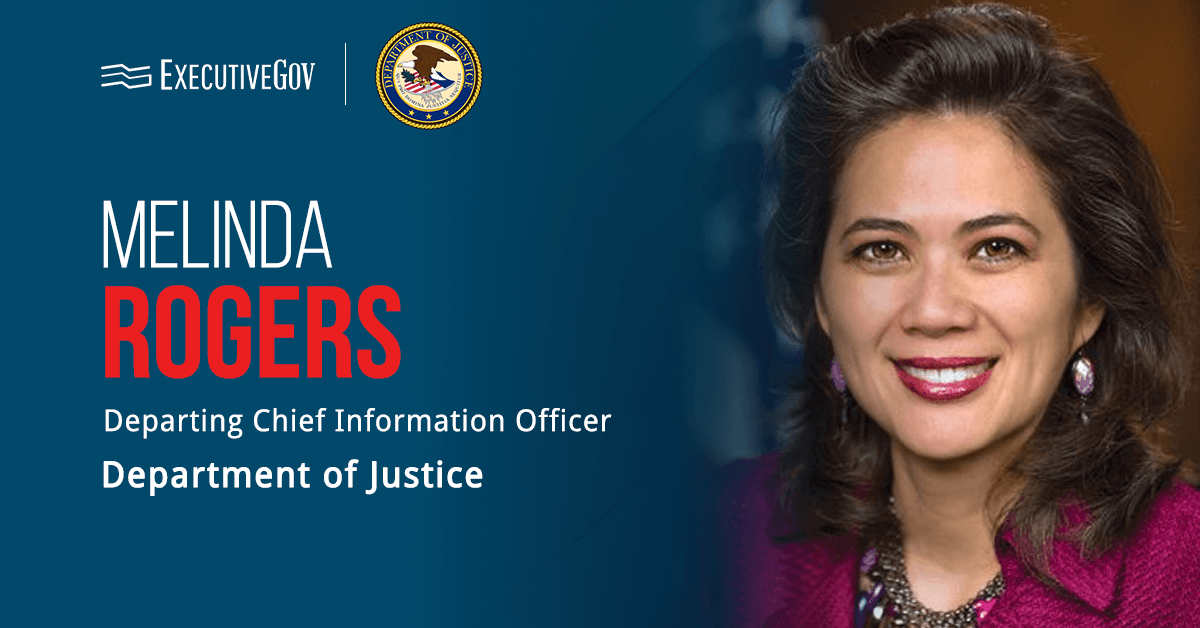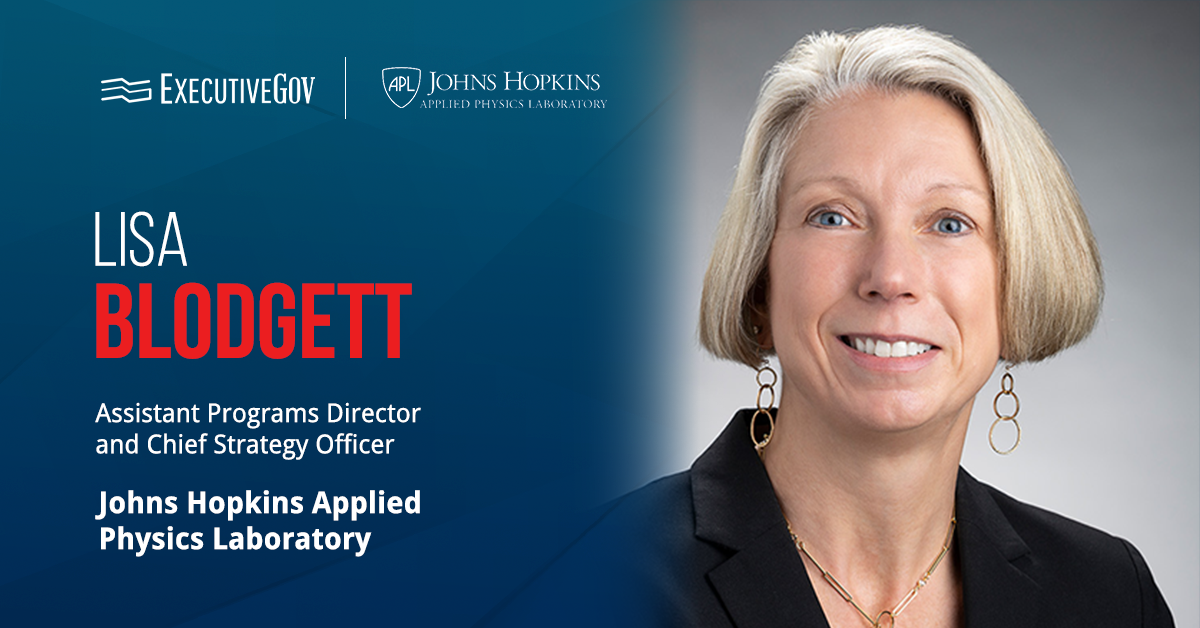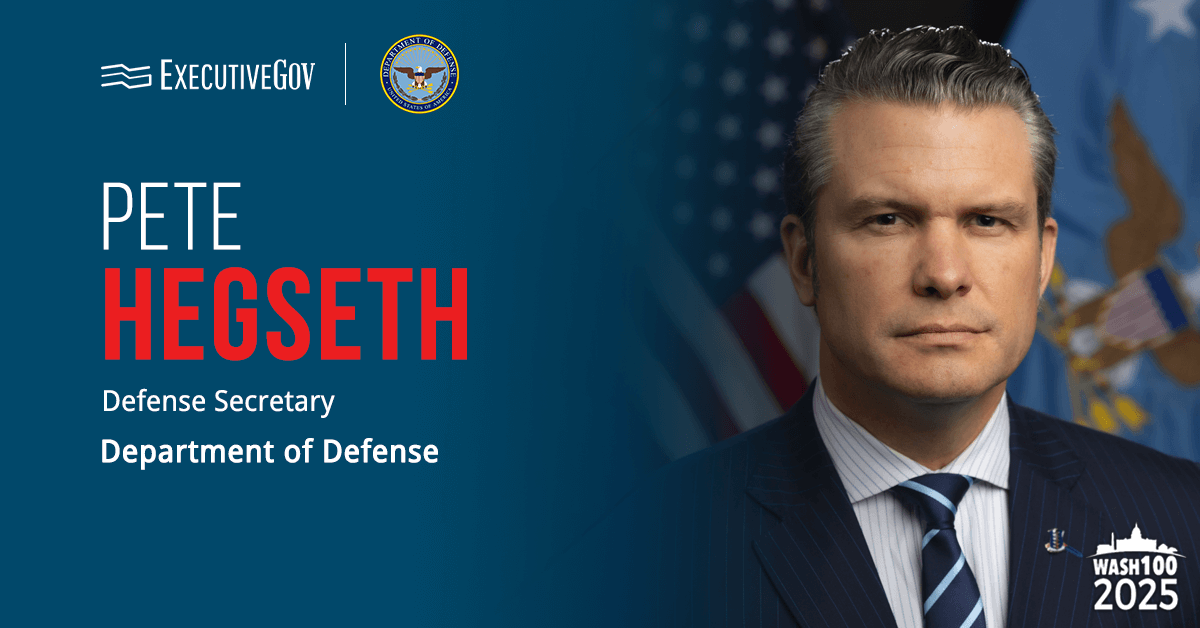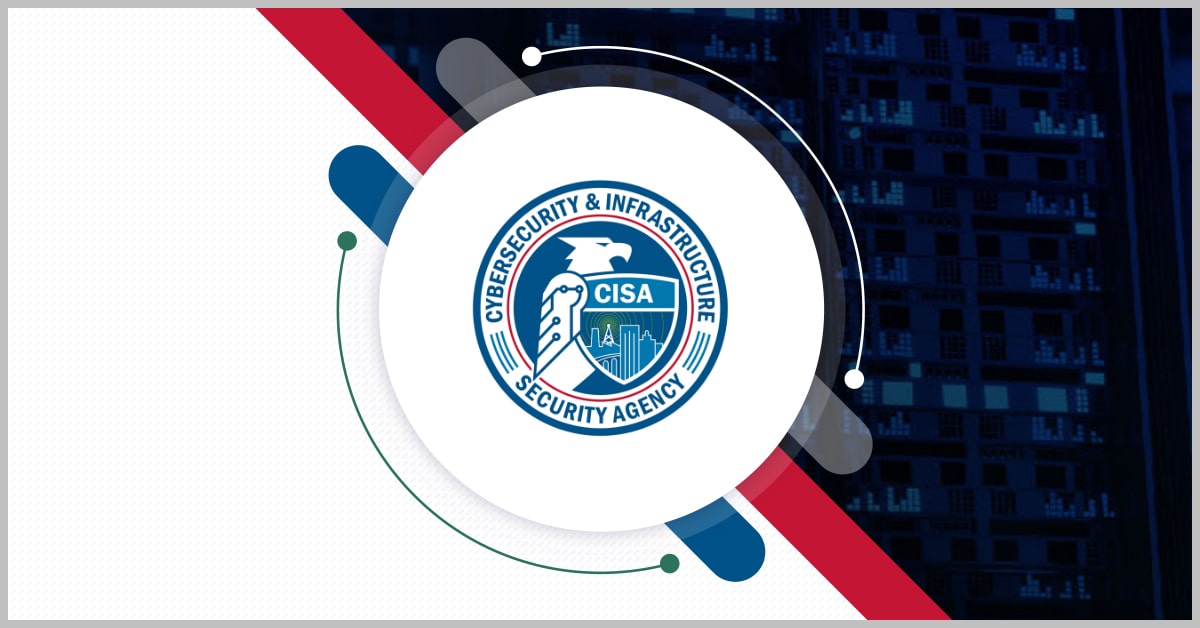The National Science Foundation has launched a new funding opportunity for research and development related to the next generation of wireless communication systems, or NextG.
The independent agency said Tuesday that the NSF Verticals-enabling Intelligent NEtwork Systems, or NSF VINES, program, will invest $100 million toward accelerating innovations in NextG capabilities and ensure that the U.S. remains a leader in telecommunications technology.
NSF VINES is a partnership involving companies such as Ericsson, Intel and Qualcomm; federal government organizations, including the Department of Defense Office of the Under Secretary for Research and Engineering; and allies from around the world.
NextG R&D Program Details
According to NSF, the initiative will have two tracks: Use-inspired Fundamental Research and Verticals-Driven Technology Development, Demonstration and Translation.
The first track, Use-inspired Fundamental Research, will focus on areas of the NextG that have high potential for impact. The program aims to identify and develop novel networking techniques and solutions.
The Verticals-Driven Technology Development, Demonstration and Translation track will aim to produce adoption-ready technologies.
NSF VINES will support R&D that employs other emerging technologies such as artificial intelligence, machine learning and quantum communications to advance NextG.
“NSF VINES will enhance U.S. competitiveness in advanced telecommunications technologies, including NextG wireless telecommunications and emerging potential NextG vertical industries, and prepare the American workforce for jobs available now and in the future,” said Brian Stone, chief of staff performing the duties of director at NSF.
Emerging NextG vertical industries include connected autonomous vehicles, precision agriculture, remote healthcare and smart grids.
“This important investment from NSF, in collaboration with industry and other government agencies, will help strengthen U.S. leadership and ensure the American people reap the benefits in areas such as self-driving cars, advanced manufacturing, energy infrastructure and beyond,” added Lynne Parker, principal deputy director of the White House Office of Science and Technology Policy.













